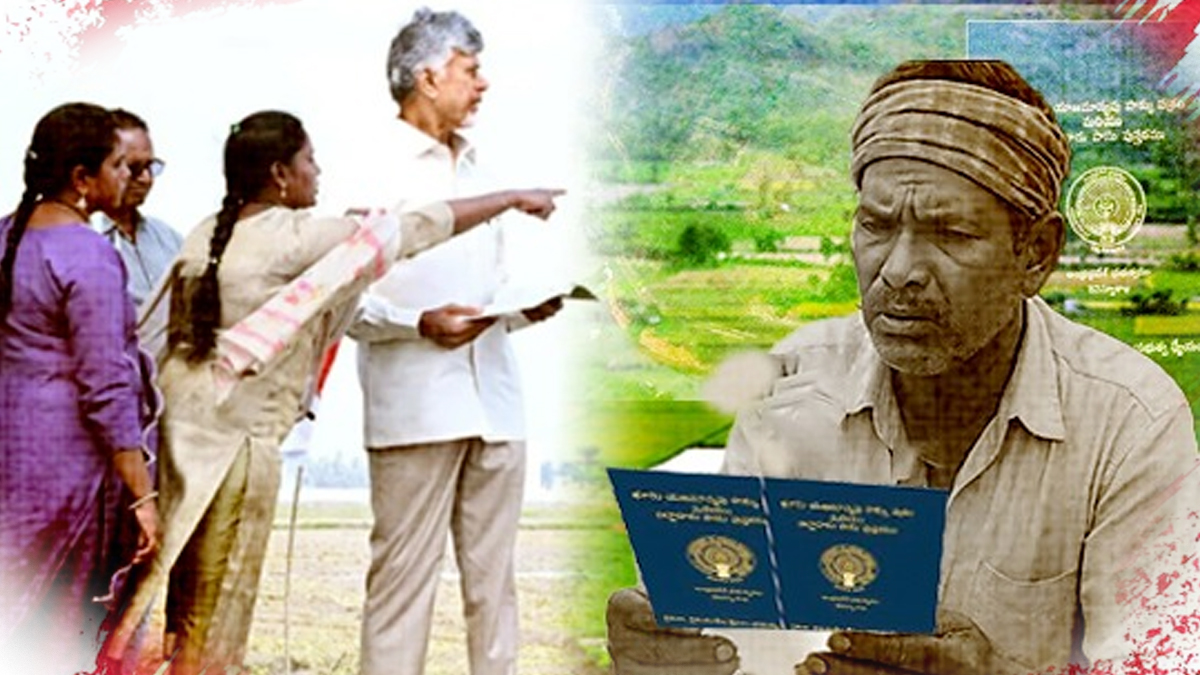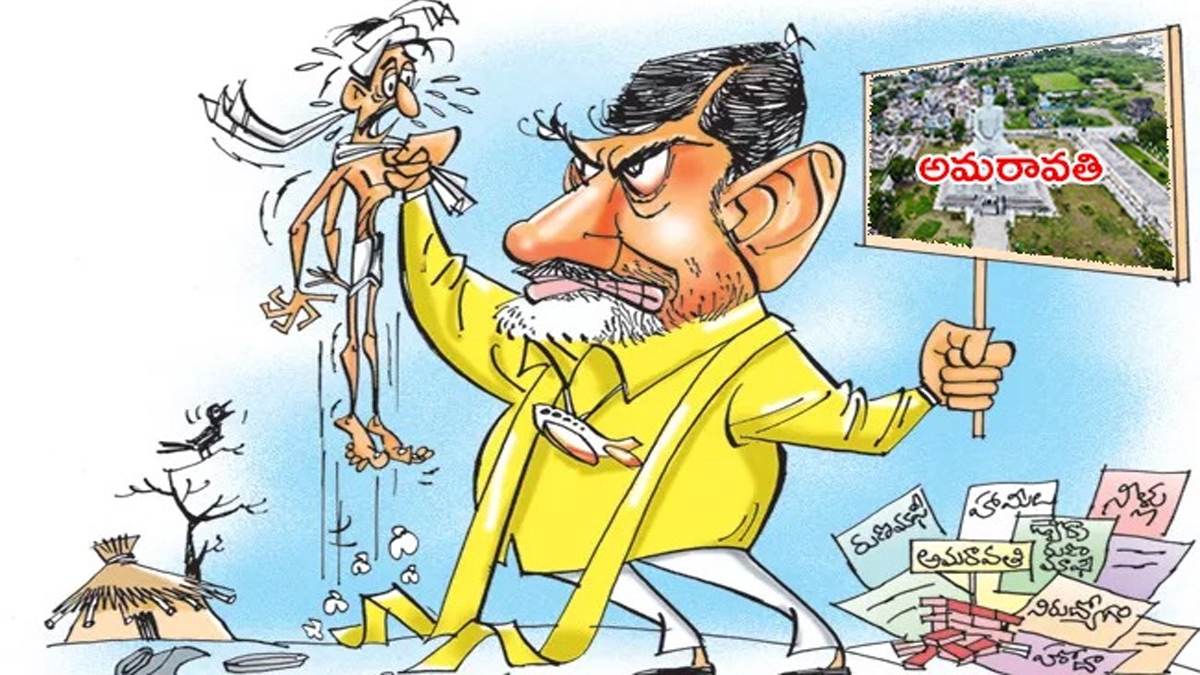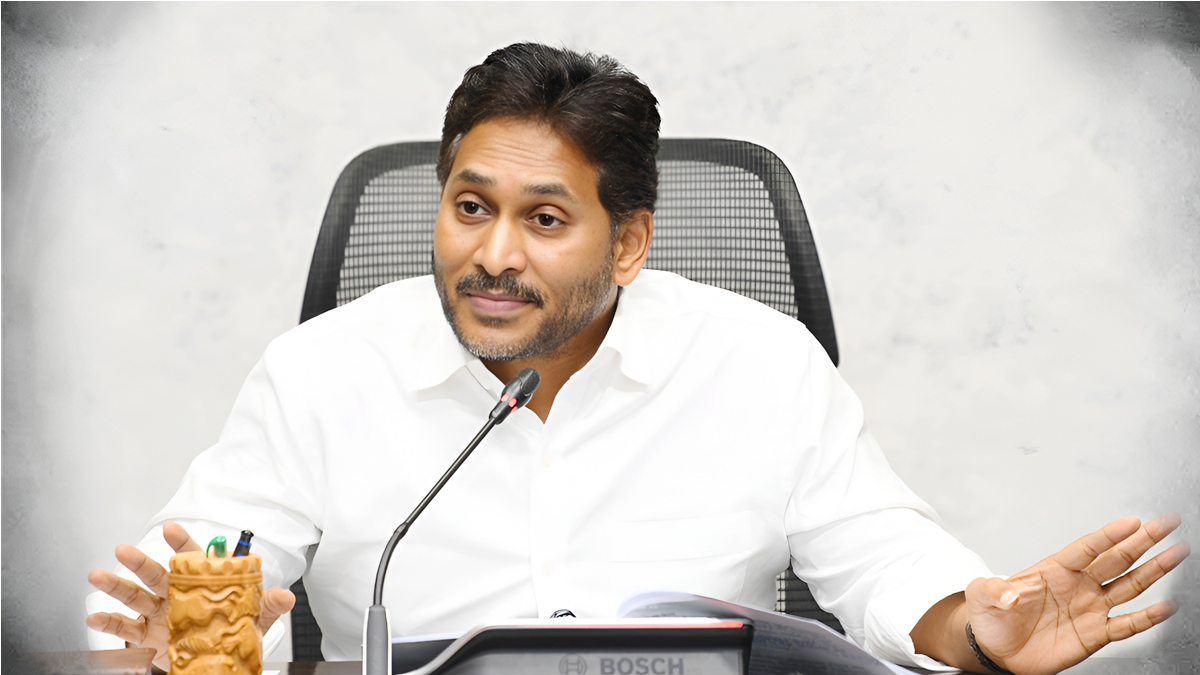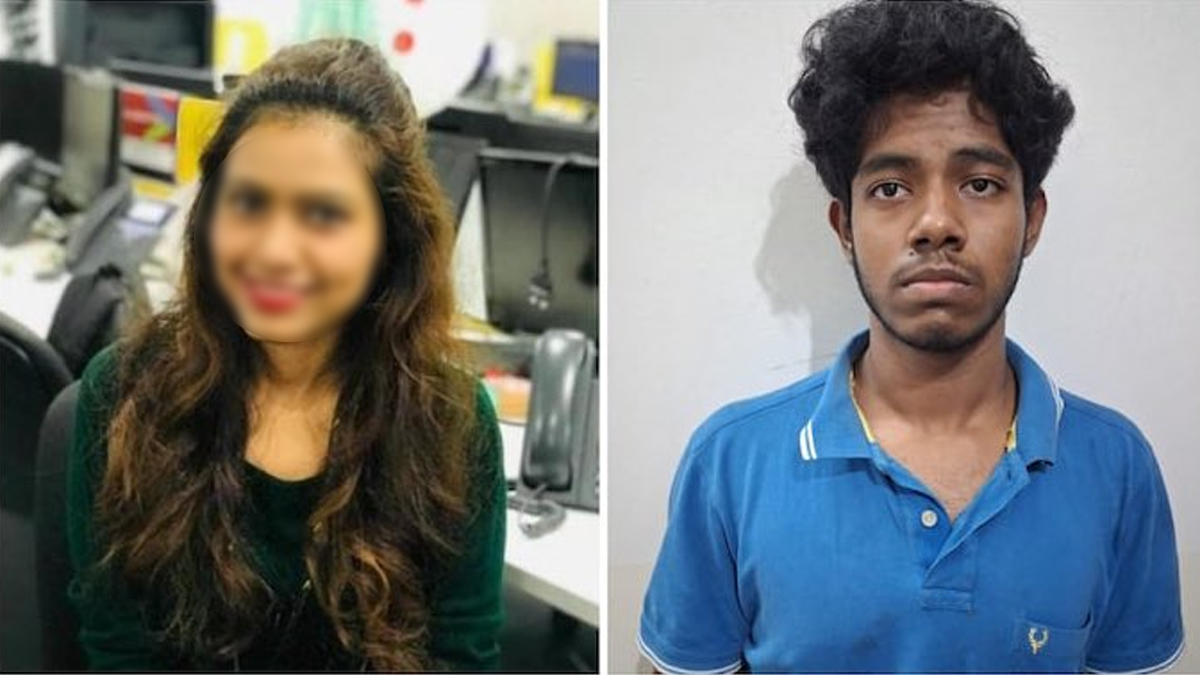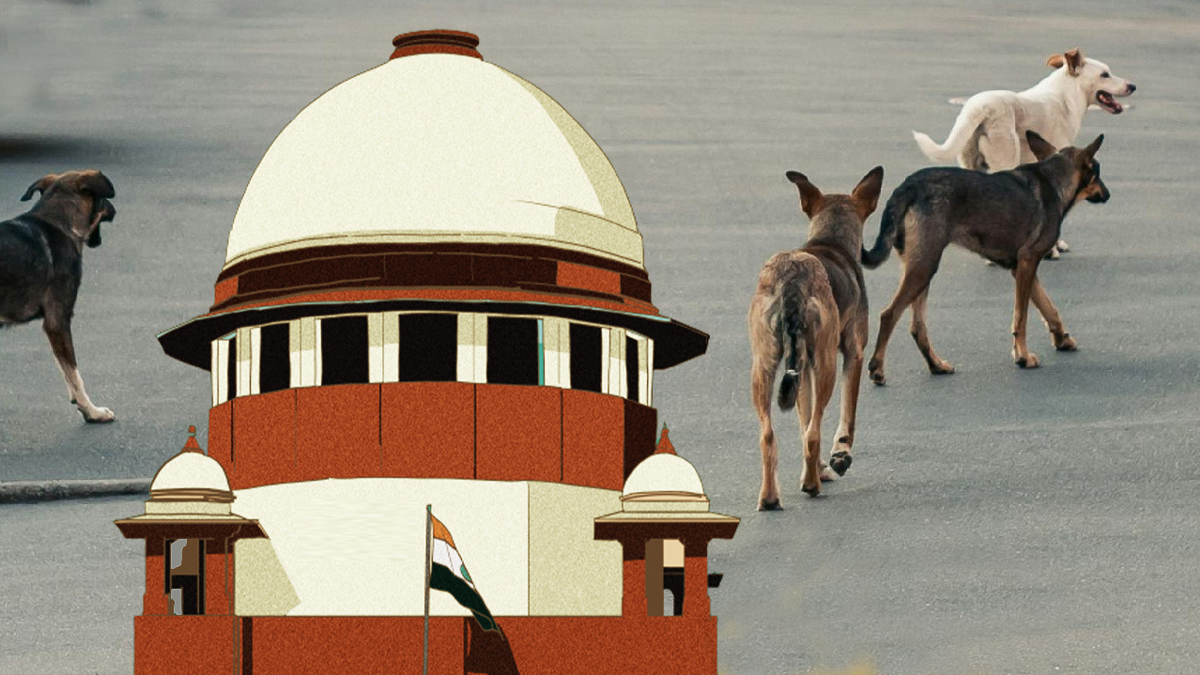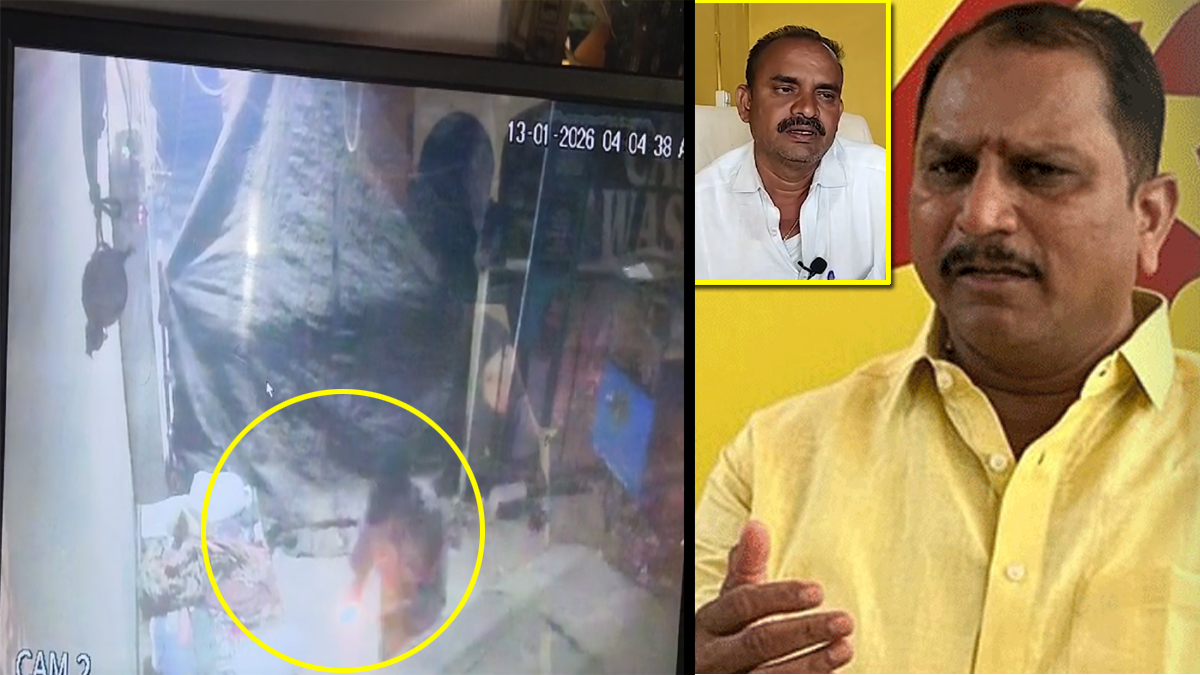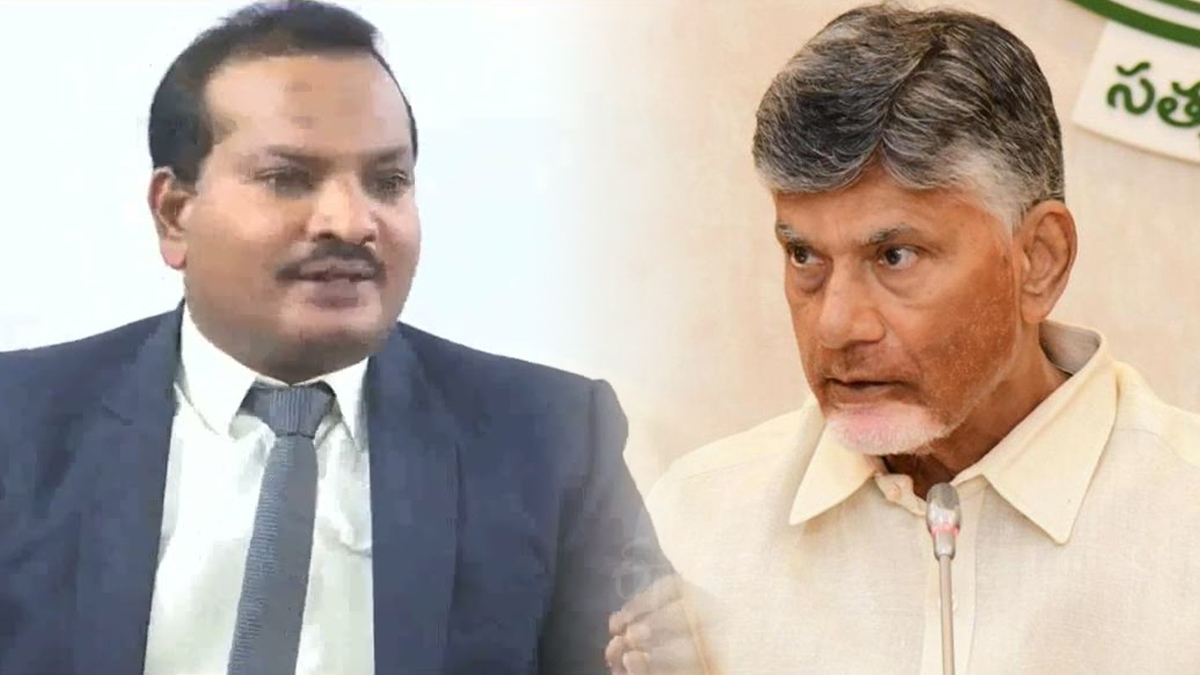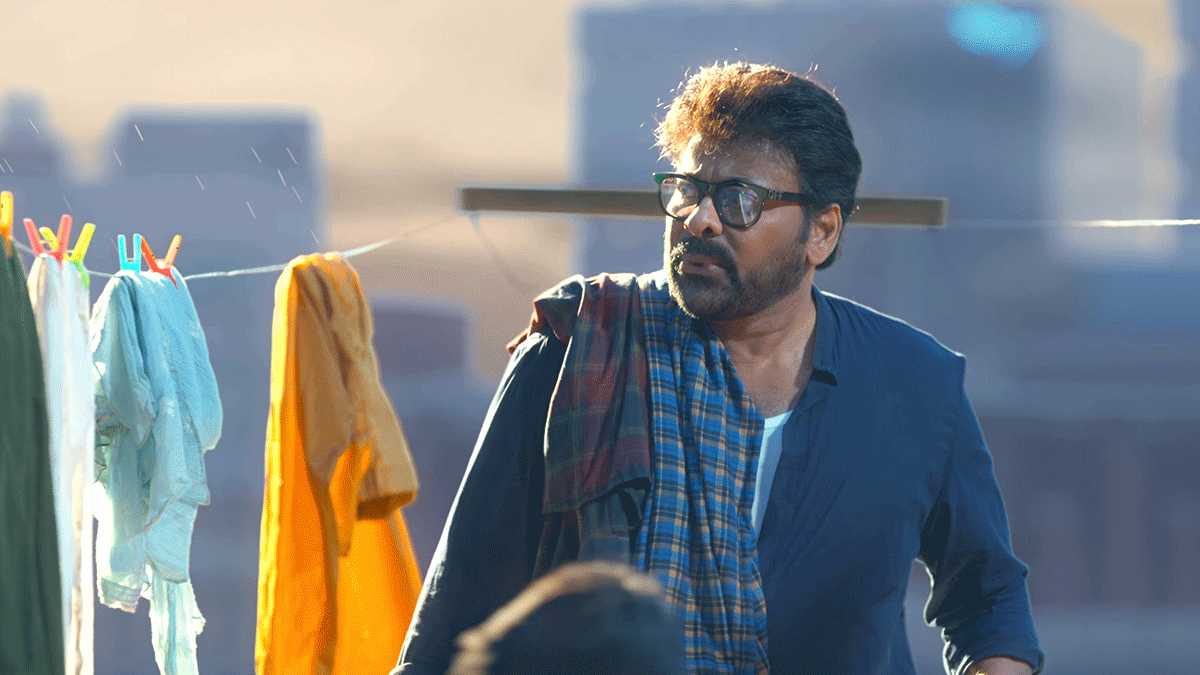Introduction
A significant issue has come to light in the tender process for Amaravati’s capital construction projects, revealing alleged misconduct by senior leaders working with questionable contracting firms. Before issuing tender notifications, these leaders reportedly negotiated with selected companies and pressured officials to raise estimated costs. The tenders were designed with specific requirements, ensuring only pre-chosen contractors could participate, resulting in contracts being awarded at inflated prices.
Key Concerns
- Senior leaders are accused of collaborating with contracting firms in Amaravati tenders.
- Projects worth Rs. 10,081.82 crore have been awarded to six preferred contractors.
- Claims that costs were exaggerated to misuse public funds.
- An official, previously caught by the Income Tax Department for collecting commissions on behalf of the Top leader between 2014 and 2019, is now involved in negotiating current tenders for the top leader.
- Efforts are being made to quickly collect commissions through the 10% mobilization advance provided by ADCL upon contract signing, with 8% commission taken by the Top leader via this official.
- Coalition government scraps judicial preview and reverse tendering, dismissing transparency amid backlash.
The Amaravati Development Corporation Limited (ADCL), responsible for tenders worth Rs. 10,714.57 crore, and the Capital Region Development Authority (CRDA), managing contracts valued at Rs. 20,358.83 crore, are central to this controversy. Recently, ADCL finalized 35 projects worth Rs. 10,081.82 crore, allocating them to six companies linked to top leader’s associates, raising serious questions about fairness, cost accuracy, and competitive bidding.
Financial Backing
The project is supported by Rs. 31,000 crores in loans from international institutions, including Rs. 15,000 crore from the World Bank and Asian Development Bank (ADB), Rs. 11,000 crore from the Housing and Urban Development Corporation (HUDCO), and Rs. 5,000 crore from Germany’s KfW Development Bank.
A Pattern of Preference
The allocation of 35 ADCL tenders reveals a troubling trend, with only six companies deemed eligible: RVR Projects (owned by Rayala Raghu, brother of Eenadu Kiran), BSR Infra, NCC (led by Managing Director AV Rangaraju, a government associate), BSPCL (owned by former MLA Bollineni Krishnaiah, close to Chief Minister Chandrababu Naidu), Megha, and MVR Infra. These firms secured contracts worth Rs. 2,539.72 crore (8 works), Rs. 2,170.81 crore (9 works), Rs. 2,645.96 crore (8 works), Rs. 748.75 crore (4 works), Rs. 1,182.54 crore (4 works), and Rs. 794.04 crore (2 works), respectively, prompting concerns due to their connections with influential figures.
Critics argue the process excluded competition, as ADCL officials followed strict orders from TDP leaders to disqualify non-preferred bids. This is evident in the second package of flood prevention works, excavating a 7.843 KM gravity canal from Nekkallu to Pichukalapalem and building a 0.1 TMC reservoir at Krishnayapalem, where HES Infra’s bid was rejected, and the contract was awarded to MVR Infra, owned by Muppana Venkata Rao (a close associate of Visakhapatnam MP M. Bharath, brother-in-law of Minister Nara Lokesh), at a 3.98% higher rate. Similarly, Hazur Multi Projects’ bid for the NH-18 highway (Package-5) was disqualified, with the work given to BSR Infra, owned by Balusu Srinivasa Rao (a confidant of CM Chandrababu Naidu), at a 3.18% higher rate.
Contracts assigned to coalition-friendly contractors by its top leaders
| S.No: | Company Name | Work obtained | Estimated cost (in cr.) |
| 1 | MVR Infra | Capital flood-prevention works (Package 1) | 480.65 |
| Capital flood-prevention works (Package 2) | 315.39 | ||
| 2 | BSCCL | N3A, N3B road works | 148.75 |
| N-4 Road | 236.43 | ||
| N-16 Road | 184.08 | ||
| N-17 | 179.49 | ||
| 3 | NCC | Neerukonda Reservoir | 487.41 |
| E-3 Road | 379.42 | ||
| N-12 Road | 461.32 | ||
| N-15 Road | 342.15 | ||
| E-3 Phase 2 Road | 180.94 | ||
| E-16 Road | 145.34 | ||
| N-5 Road | 67.83 | ||
| N-8 Road | 581.55 | ||
| 4 | Megha | E-14 Road | 252.35 |
| E- 4 Road | 496.17 | ||
| E-10 Road | 283.64 | ||
| E-11 Road | 150.38 | ||
| 5 | BSR Infra | N-18 Road | 67.69 |
| N-9 Road | 398.01 | ||
| E-2 Road | 151.27 | ||
| E-5 Road | 539.57 | ||
| E-7 Road | 354.83 | ||
| E-12 Road | 245.44 | ||
| N-1 Road | 120.24 | ||
| N-2 Road | 107.59 | ||
| E-15 Road | 186.17 | ||
| 6 | RVR Infra | E-8 Road | 387.82 |
| E-9 Road | 436.09 | ||
| N-11 Road | 282.63 | ||
| E-6 Road | 323.57 | ||
| E-5 Road | 186.18 | ||
| N-7 Road | 436.04 | ||
| N-13 Road | 244.49 | ||
| N-14 Road | 242.09 |
Deception in the Estimates
Concerns about cost inflation extend beyond favoritism. For the first flood prevention package, widening the Kondaveeti and Pala streams over 23.6 km and 16.75 km, respectively, and building a 0.03 TMC reservoir, ADCL set the contract value at Rs. 522.79 crore. However, A retired chief engineer from the Water Resources Department estimated that a canal with an 8,000 to 9,000 cusecs capacity should cost Rs. 4.5 crore to Rs. 5 crore per kilometer, while a 10,000 to 11,000 cusecs capacity canal should not exceed Rs. 5.5 crore to Rs. 6 crore per kilometer, including taxes like GST, NAC, and Seigniorage. Another retired engineer, specializing in reservoirs, said a 1 TMC reservoir should cost Rs. 250 crore to Rs. 300 crore. Based on this, the first package’s estimated cost should be around Rs. 301.75 crore, yet ADCL set it at Rs. 522.79 crore, a difference of Rs. 221.04 crore. Across three packages, the total overestimation is claimed to be Rs. 702.33 crore.
Over-valuation in Road Construction
For the remaining main road works, a clear disparity exists. The National Highway Authority of India (NHAI) builds 50-meter-wide highways at Rs. 20 crore per kilometer, including all taxes. However, ADCL’s contracts for six-lane, 50-meter-wide roads in Amaravati range from Rs. 24.88 crore to Rs. 53.88 crore per kilometer, with additional taxes like GST, NAC, and Seigniorage reimbursed separately.
Estimated costs for Amaravati main Road works revealed by ADCL
| S.No: | Name of the Road work | Structure | Estimated cost of remaining works (in crores) | Cost of construction per KM (in crores) |
| 1 | N-12 | Each row consists of a 6-lane, 8.6333 km stretch, with a width of 50 meters. | 448.43 | 53.88 |
| 2 | E-9 | Each row consists of a 6-lane, 14.12 KM stretch, with a width of 50 meters. | 419.96 | 29.74 |
| 3 | N-9 | Each row consists of a 6-lane, 12.5 KM stretch, with a width of 50 meters. | 381.82 | 30.54 |
| 4 | E-8 | Each row consists of a 6-lane, 14.6 KM stretch, with a width of 50 meters. | 372.23 | 24.88 |
| 5 | E-3 | Each row consists of a 6-lane, 14.35 KM stretch, with a width of 60 meters. | 364.41 | 25.39 |
| 6 | N-15 | Each row consists of a 6-lane, 8.51 KM stretch, with a width of 50 meters. | 331.16 | 38.91 |
| 7 | E-6 | Each row consists of a 6-lane, 9.84 KM stretch, with a width of 50 meters. | 323.56 | 32.88 |
| 8 | N-11 | Each row consists of a 6-lane, 8.66 KM stretch, with a width of 50 meters. | 273.13 | 31.53 |
| 9 | E-14 | Each row consists of a 6-lane, 7.36 KM stretch, with a width of 50 meters. | 241.67 | 32.83 |
| 10 | N-6 | – | 183.20 | – |
| 11 | N-18 | – | 65.60 | – |
| Total | 3405.57 | – | ||
Note: ADCL has stated in the tender notification that GST and NAC, Seigniorage taxes will be reimbursed.
A Familiar Face
Heightening the controversy is an official with a questionable past. Previously caught by the Income Tax Department between 2014 – 2019 for collecting commissions for a senior leader, this individual is now reportedly handling negotiations for current tenders. Sources suggest that after contracts are signed, ADCL provides a 10% mobilization advance, with 8% allegedly taken as commission through this official’s involvement, fueling further suspicion due to the speed of these transactions.
Policy Shifts and Public Funds
The Andhra Pradesh government, led by Chief Minister Chandrababu Naidu, has prioritized Amaravati’s development since taking office, scrapping judicial preview and reverse tendering processes introduced by the previous YSRCP administration to speed up progress. While this has hastened timelines, critics argue it has removed essential safeguards, increasing the risk of mismanagement.
The Road Ahead
Amaravati’s potential as a modern capital is clear, but the misconduct threatens its reputation. Neither ADCL nor the state government has officially addressed these claims, leaving the public to balance the promise of progress against concerns of mismanagement. With contracts signed and work underway, supported by significant public and borrowed funds, the demand for an independent investigation grows. Amaravati’s legacy will depend not only on its infrastructure but also on the transparency of its development process.


